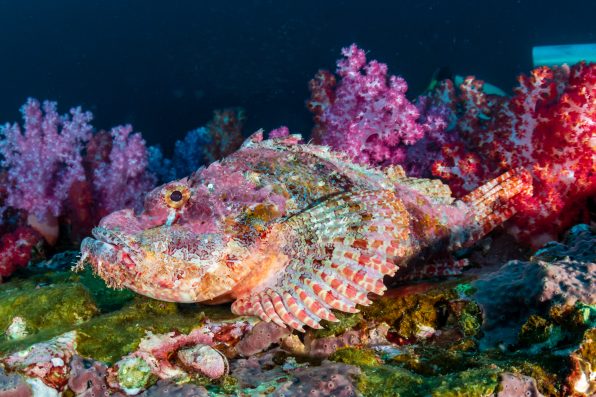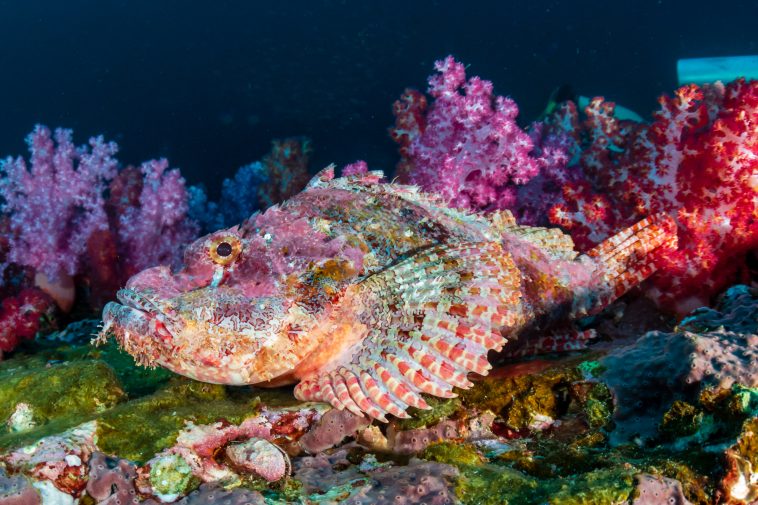The scorpion fish may appear offputting, but new research suggests that the venomous marine animal could hold the key to treating multidrug-resistant bacterial infections among cystic fibrosis patients.
Multidrug-resistant bacterial infections are common in cystic fibrosis patients because of a genetic mutation, which can cause the accumulation of thick mucus in our lungs.
However, a recent study conducted by scientists in Germany discovered the significant potential of a protein derived from scorpion fish, known as bactericidal/permeability-increasing protein (BPI).
BPI is naturally produced by both humans and other organisms, working to fight gram-negative bacteria. These bacteria have complex outer layers that make it tough for antibiotics to break through.
This armor not only makes them more drug-resistant but also a real challenge to eliminate. So, both our immune system and healthcare professionals find it difficult to tackle these kinds of bacterial infections.
Nonetheless, a lot of people with cystic fibrosis generate antibodies that essentially neutralize BPI. So, researchers are on a quest to discover other forms of this protein that can dodge these antibodies.
“In these cases, patients need continuous antibiotic treatment, which often leads to the development of multiple-drug resistance,” said Jonas Holzinger, a biologist from the Institute of Clinical Microbiology and Hygiene at University Hospital Regensburg, Germany.
“In consequence, therapeutic options are drastically limited, and there is an urgent need for new approaches.”
However, scientists uncovered that the BPI protein from scorpionfish successfully slipped past the immune defenses of cystic fibrosis patients and was notably effective in fighting gram-negative bacteria.

Sign up for Chip Chick’s newsletter and get stories like this delivered to your inbox.


